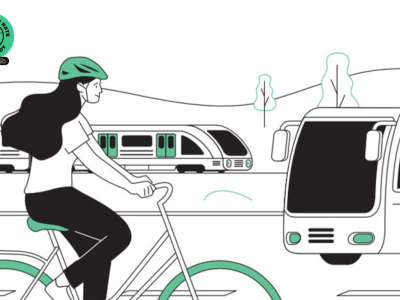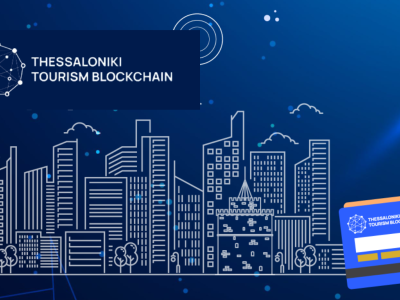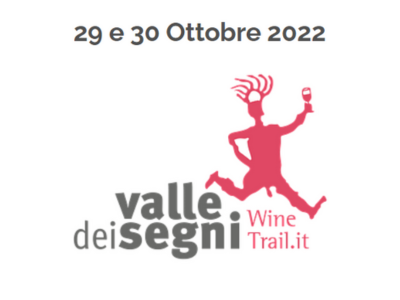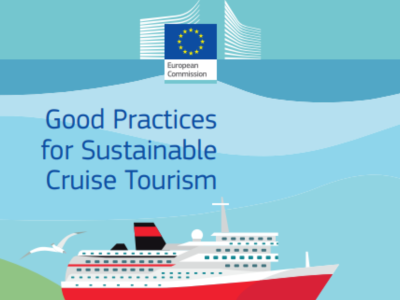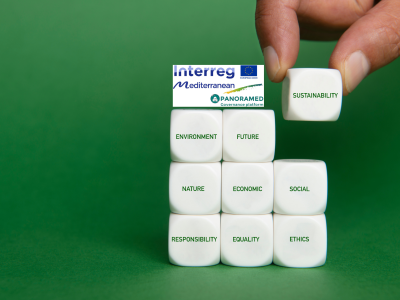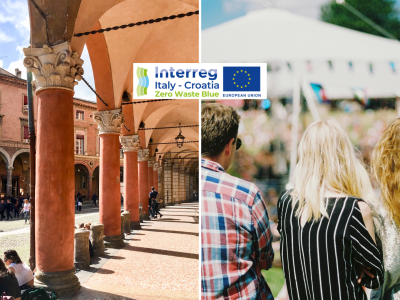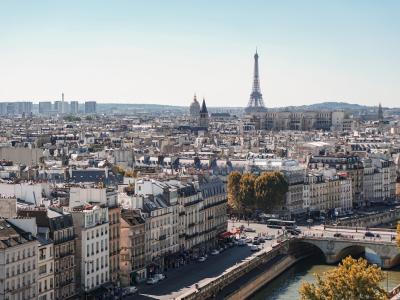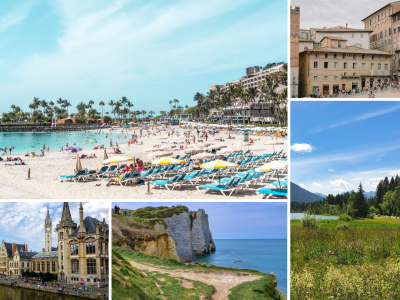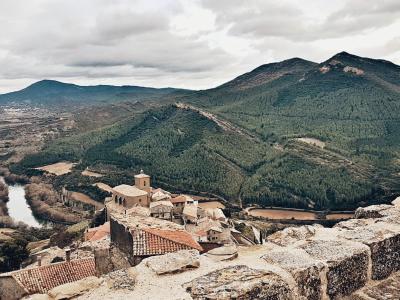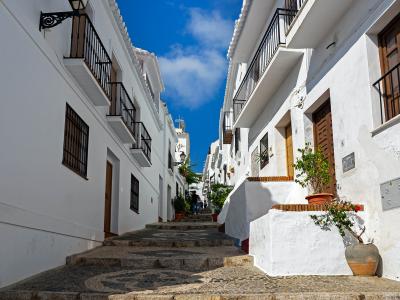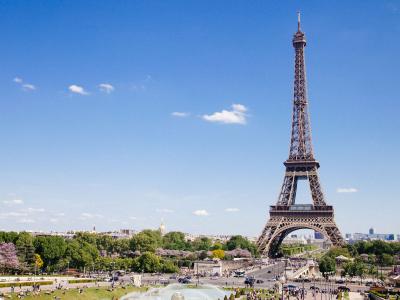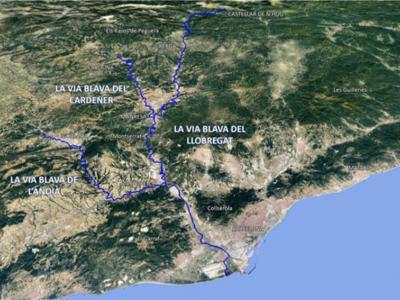Good Practices
We collect, categorise and share Good Practice on Competitive and Sustainable Tourism among our Member Regions, since 2009.
Normandy Low Carbon Rate: rewarding tourists who use sustainable mobility.
Normandy Tourism, with the support of the Normandy Region, ADEME, SNCF NOMAD Train and NOMAD Car, has deployed, for the first time in France, a regional low carbon rate to promote more responsible and sustainable travel. The low-carbon rate highlights and encourages people to use more sustainable transportation.
#TTB; the smart touristic card for Thessaloniki, GR
The #Thessaloniki_Tourism_Blockchain initiative is a pioneering effort in the digital transformation of Thessaloniki's (Greece) tourism sector. By leveraging blockchain technology, it aims to create a comprehensive digital platform – the #TTB app – catering to both the digital and physical needs of tourists.
The race to discover the 'Signs' between History, Art, Territory, Vineyards and Wines of the Camonica Valley'.
A territory of mysterious fascination, rich in culture and thousand-year-old traditions. On the living stone slopes, one breathes history, a geological history of almost 230 million years that has forged unmistakable environments. The ambitious project was created with the aim of arousing unique emotions, the result of a journey through a land of mysterious fascination: "The Valley of Signs".
- Arts and History
- Wine and Vineyards
- Territory and Traditions
More information: HERE.
Good practices for sustainable cruise tourism
This study gathered and analysed available evidence on cruise tourism to support cruise stakeholders in moving forward on sustainability. It took place against a policy background of the European Green Deal, the European Commission new approach to sustainable blue economy and the development of a Transition Pathway for tourism.
Learning Programme "Approaches and tools for sustainable tourism in the Mediterranean"
Welcome to the course "#09_ Approaches and tools for sustainable tourism in the Mediterranean". The course aims to present approaches and tools for sustainable tourism development in the Mediterranean and deals with some key topics such as the main trends in terms of governance, the use of data to support decisions and the measurement of sustainability.
The Zero Waste project and the Zero Waste Blue platform for sustainable events planning
Zero Waste Blue is a web interactive platform which calculates the sustainability of an event from an environmental, social and economic point of view, recommending the best solutions and already tested best practices in order to improve it.
It is accessible to all event organisers, free of charge and available in several languages (English, Italian, Slovenian and Serbo-Croatian).
Balance of the Summer Season 2022 in Île-de-France
We are compiling our report “balance of the summer season 2022 in NECSTouR regions” to showcase in our website and to share in the EU arena a territorial outlook on how and where the ecosystem is recovering, what challenges our members still face and what the European response should be. The European Commission is also very much interested in receiving regions’ insights for intelligence purposes and policy response.
What is the state of play for the balance of the last season?
Balance of the Tourism Season in 2022 in NECSTouR Regions
What is the balance of the season 2022 in your region?
While the season is still open for some of you, it is time to take stock about the expected performance and forecasting for the fall-winter season.
2022 Easter Period Impact on the Tourism Sector in Navarra
Expectations for the period
A notable increase of tourists was expected during the Easter period.
Data for the Easter period
There has been an increase compared to the previous year and in some sectors (rural tourism especially) figures are equal to those seen before the pandemic in 2019. It seems that uncertainties of traveling due to Omicron and the war in Ukraine have been overcome since
2022 Easter Period Impact on the Tourism Sector in Andalucia
Expectations for the period
The forecasts pointed to an Easter Week with very positive results with data very similar to those of 2019 - before the pandemic of Covid-19 - with an occupancy rate of more than 70% during the week, and during the weekend it could even reach 95 and 100% occupancy in some parts of the region.
2022 Easter Period Impact on the Tourism Sector in NECSTouR Regions
As the tourism sector continues to recover from the effects of the Covid-19 global pandemic, we are monitoring how the 2022 Easter period impacted tourism in NECSTouR regions.
We will position your insights among our members, DG GROW and our tourism stakeholders.
We have already gathered insights from some of the members of our network:
River Tourism: Barcelona's Province Blue Ways
Blue ways is a project to convert almost 300km for bikers and hikers along the main rivers of the province of Barcelona: Llobregat, Anoia and Cardener. This good practice was presented at the occasion of Star Cities International Learning Session.
Add your best practice example!
You can add your best practice example below.
